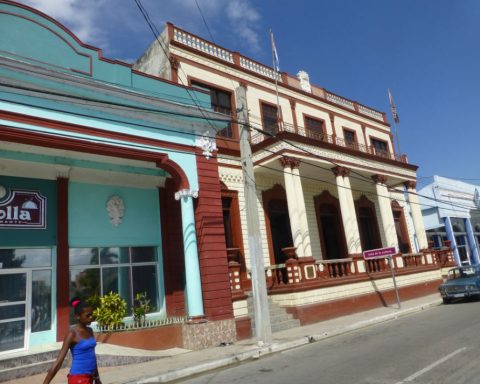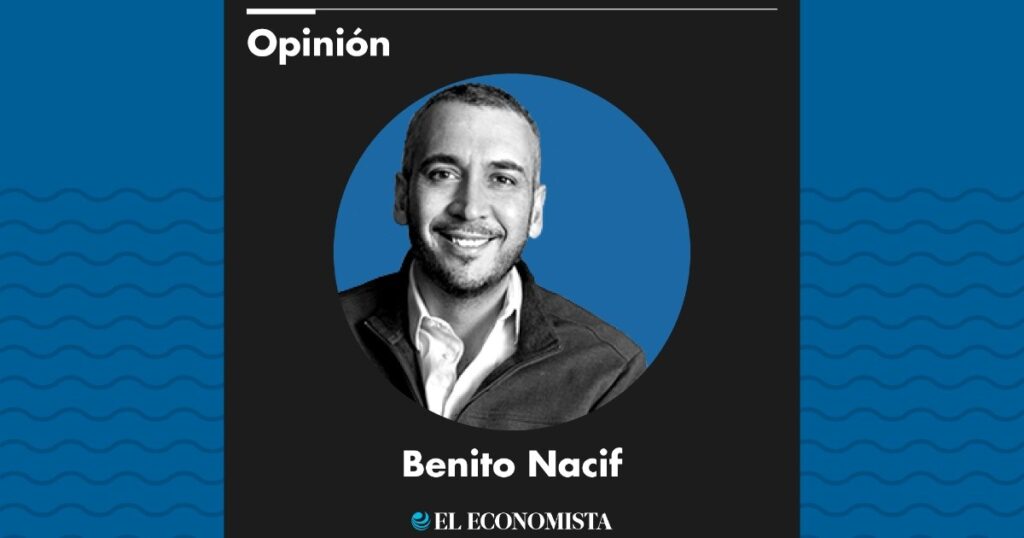MIAMI, United States. – Definitely the fortieth miami film festivala fundamental part of the cultural work carried out by the Miami-Dade College in South Florida, includes in its programming the most notable presence of Cuban-themed films in recent years.
A new documentary on Bebo Valdés is presented, which is narrated mainly from the point of view of close relatives, as well as the most complete cinematographic compendium that has been made on the work and vicissitudes of singer-songwriter Pedro Luis Ferrer.
I drink is a documentary by Ricardo Bacallao, a Cuban director who lives in Germany, where he boasts a diverse body of work in the genre, which discusses issues related to the island’s culture and its involuntary international stampede, driven by the unbearable dictatorship.
The documentary shows that Bebo Valdés is not only the legendary pianist and arranger of the glorious Cuban music, but also the founder of a legacy, made up of many of his descendants, who are also dedicated to the cultivation of music.
I drink uses an illustrative interview on Swedish television with Valdés, which never aired due to indifference and historical political suspicions in favor of the Castro regime, as well as conversations with his children, grandchildren and friends, who complete the irreproachable ethical and moral figure of the distinguished and modest creator.
Bacallao demonstrates the fixity and transcendence of art, beyond the ideological distortion that failed in its desire to cancel the famous pianist.
The thunder and the winddirected by Jorge Soliño, is a rope documentary similar to I drink who rescues for posterity another artistic figure disturbed by intolerance.
Thus I referred to its virtues, in CubaNetbefore being considered for the Festival program:
“Unlike other similar cinematic experiences, in The thunder and the wind The sadness of frustration does not float, nor does melancholy hardly float. It is a celebration of life and of the certainty of having achieved an enduring and influential work that has eluded many of his contemporaries”.
“The thunder and the wind it is inscribed in the values of culture for two reasons: a necessary chapter in the history of Cuban music and a testament for the next generations of an irreproachable song in tune with the enjoyment of Cubanness and the intellectual responsibility of its time”.
Another commendable piece of news from the Cuban programming of this Festival, which I have had the honor of coordinating, is the welcome return of joking to our cinematography.
With the premiere of Havana Storiesthe director Eliecer Jiménez Almeida, who has a significant career in the documentary of intellectual commitment with democratic parameters, expands his notion of creative freedom with politically incorrect stories to laugh at ourselves.
Havana Stories it belongs to the genre known in English as “mockumentary”, which treats, in a mocking way, fictional situations as if they were documentary real.
The hilarious characters answer to an omniscient interviewer who takes an intimate interest in their fateful lives both in Cuba and in exile.
The responsibility of embodying stereotypes and revealing situations of our most mischievous idiosyncrasies ―impelled by survival― is carried out by talented Cuban artists, who take very seriously the laughter that they can cause with so many provocations, ease and complicity.
Cuban cinema tends to bleed to death in its pretentious messaging, from a sort of false sect of the chosen people and avoids the true fact that we are a nationality in need of a simple life, of nutritious sarcasm, without the oppressive epic narrative, naked, as manifested by Havana Stories.
The director himself escapes from the necessary historical border that circumscribes his documentary work, to open up and expand an expressive radius of action with more mundane situations, and no less denotative, through laughter.
Havana Stories it boasts the virtue of weaving an alternative history of pedestrian Cubanness, of these last decades, without the cultural pedestals that tend to dissipate part of our destiny, broken by the entrenched repression of a doctrine that we desperately try to leave behind.
The film shows that the joke could work as an eventual salvation table. It is already a mandatory stop in the best of Cuban humorous filmography.
OPINION ARTICLE
The opinions expressed in this article are the sole responsibility of the person who issues them and do not necessarily represent the opinion of CubaNet.
















